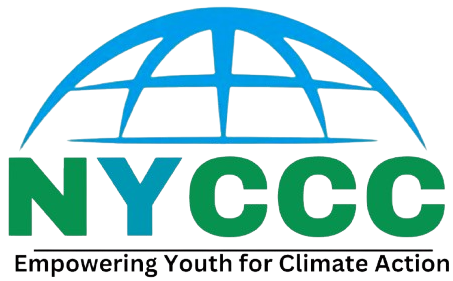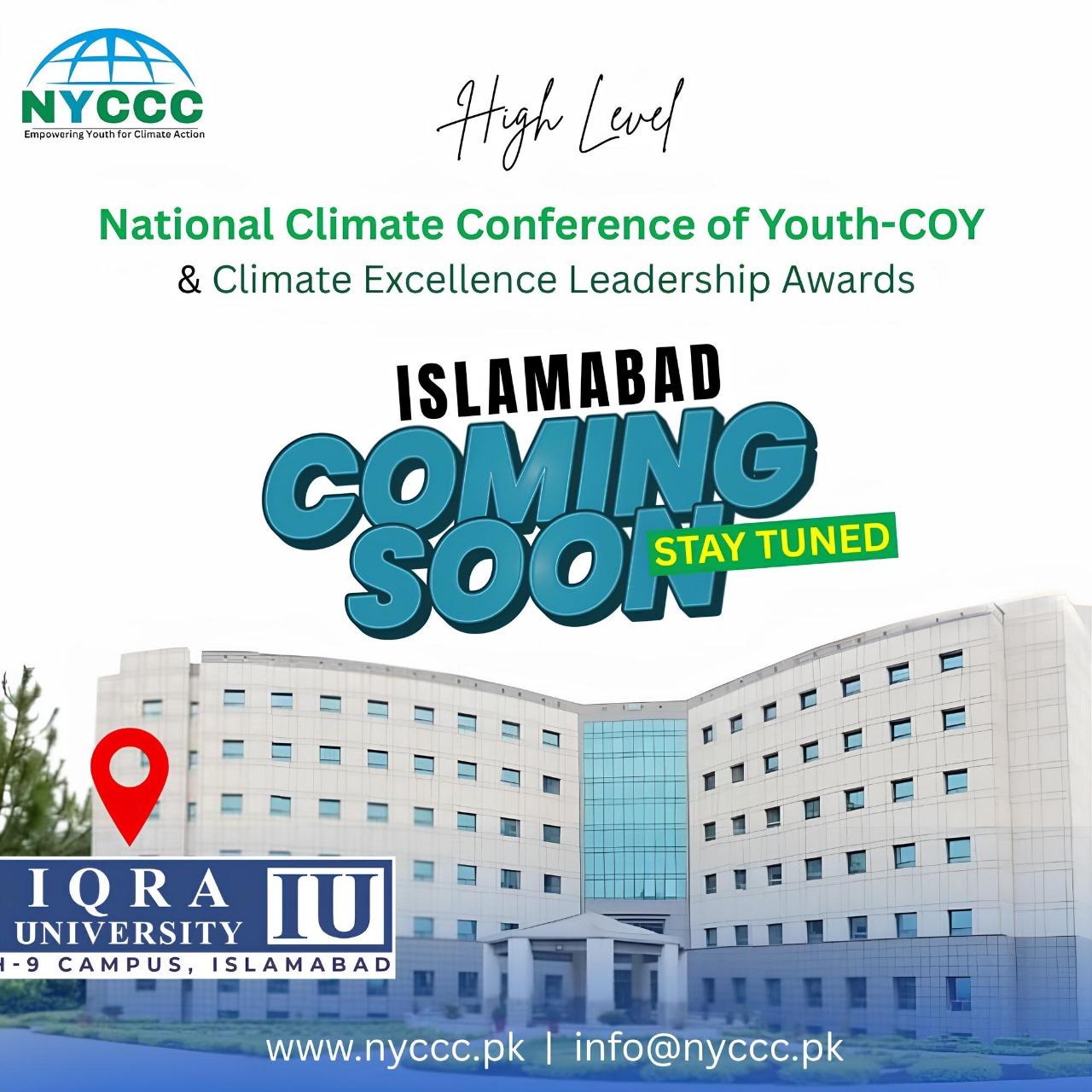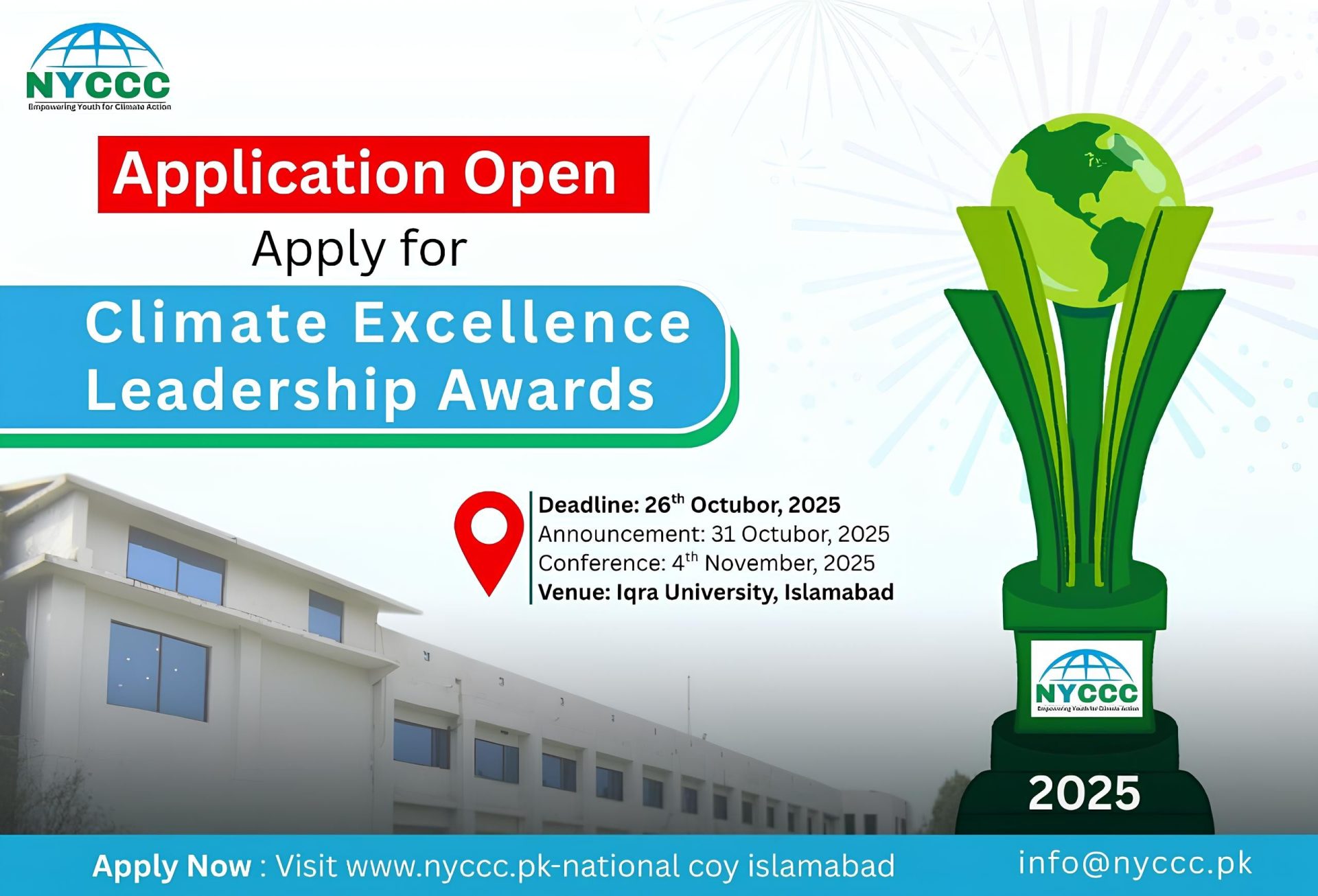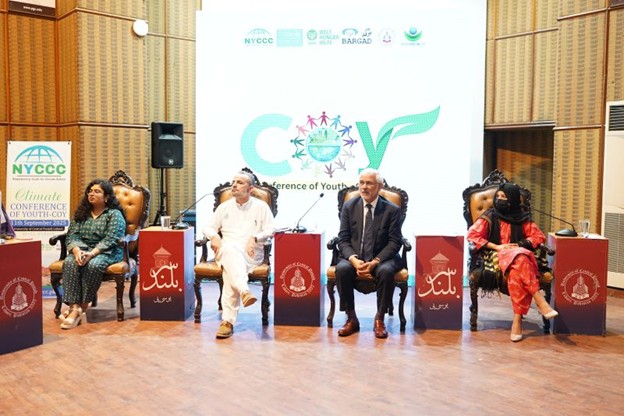Climate change profoundly impacts every aspect of life, and Pakistan is no exception. The country has experienced several environmental disasters over the past several years, including floods, droughts, storms, and heat waves. These extreme weather events are increasing in frequency and intensity, wreaking havoc on communities and ecosystems. Rapid urbanization, unchecked deforestation, plastic pollution, and air pollution have further exacerbated these issues, contributing to severe heatwaves being experienced today.
Pakistan’s National Disaster Management Authority (NDMA) has been actively addressing these challenges, consistently developing timely policies to mitigate the impact of natural disasters. For 2024, the NDMA has designed a comprehensive Heatwave Action Plan to reduce damage from heatwaves and raise public awareness. The NDMA’s report highlights that certain districts urgently require focused efforts. These include Umerkot, Tharparkar, Tando Allahyar, Matiari, and Sanghar in Sindh, as well as Bahawalpur and Rahimyar Khan in Punjab. The need for immediate action in these areas is critical as heatwaves can severely impact agriculture, education, business, health, and other sectors.
To effectively combat heatwaves, several measures should be implemented:
Increasing water intake to stay hydrated during extreme heat, promoting the use of natural, breathable materials in clothing and construction, initiating widespread tree-planting campaigns to enhance green cover and reduce ambient temperatures, and establishing cooling centers where people can find relief during the hottest parts of the day.
Additionally, integrating more green spaces into urban areas to mitigate the urban heat island effect, organizing outreach to vulnerable populations such as the elderly and those with preexisting health conditions, and conducting educational campaigns to inform the public about the dangers of heatwaves and practical ways to stay safe are crucial steps.
Investing in research and development of new technologies and practices to better manage and reduce the impact of heatwaves, using social media platforms to spread awareness and provide real-time information about heatwaves and safety tips, and ensuring accurate, timely information is disseminated to the public to enable informed decision-making are also essential measures.
Every Pakistani citizen has a role to play in combating the effects of climate change. It is not the responsibility of a single individual or organization but requires a collective effort. Stay informed by following updates from the NDMA and other government or private institutions. Practice the recommended measures diligently to help mitigate the impact of heatwaves and other climate-related disasters. Together, we can build a more resilient and sustainable future for Pakistan.








